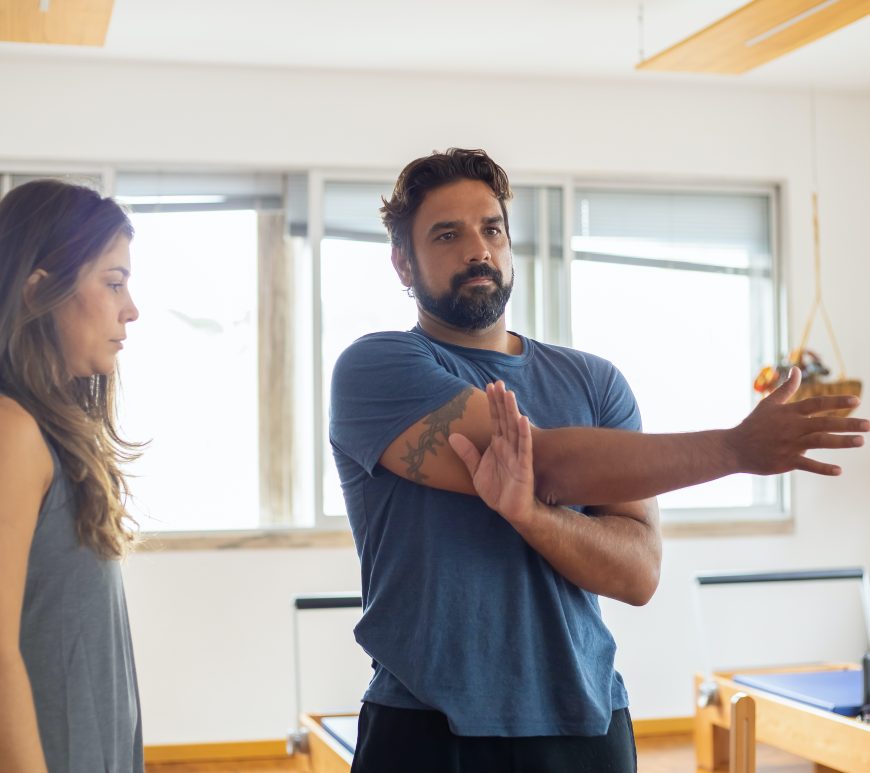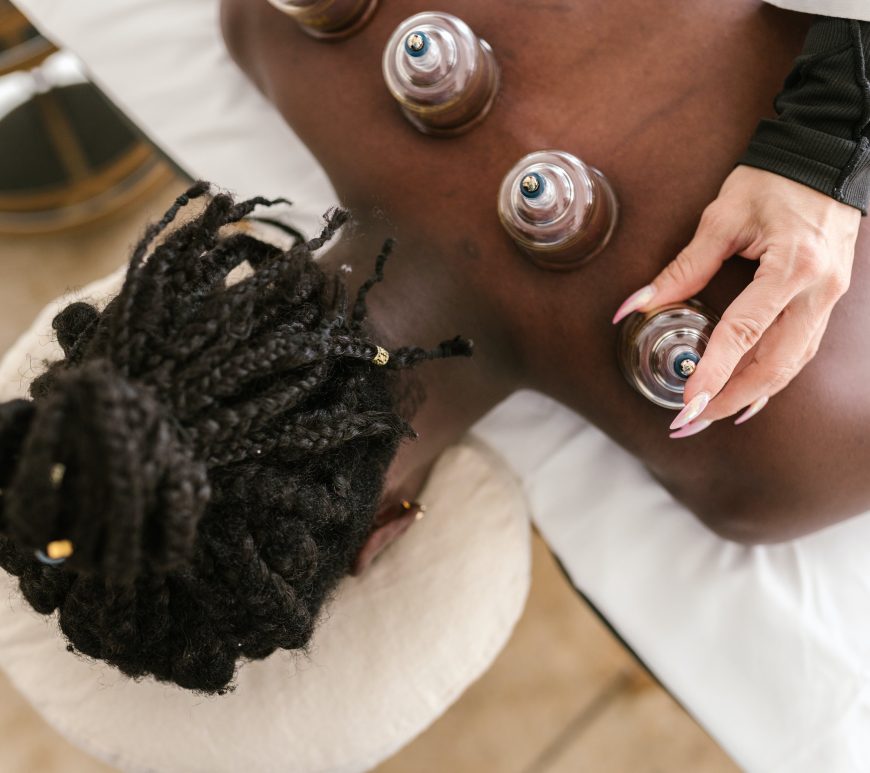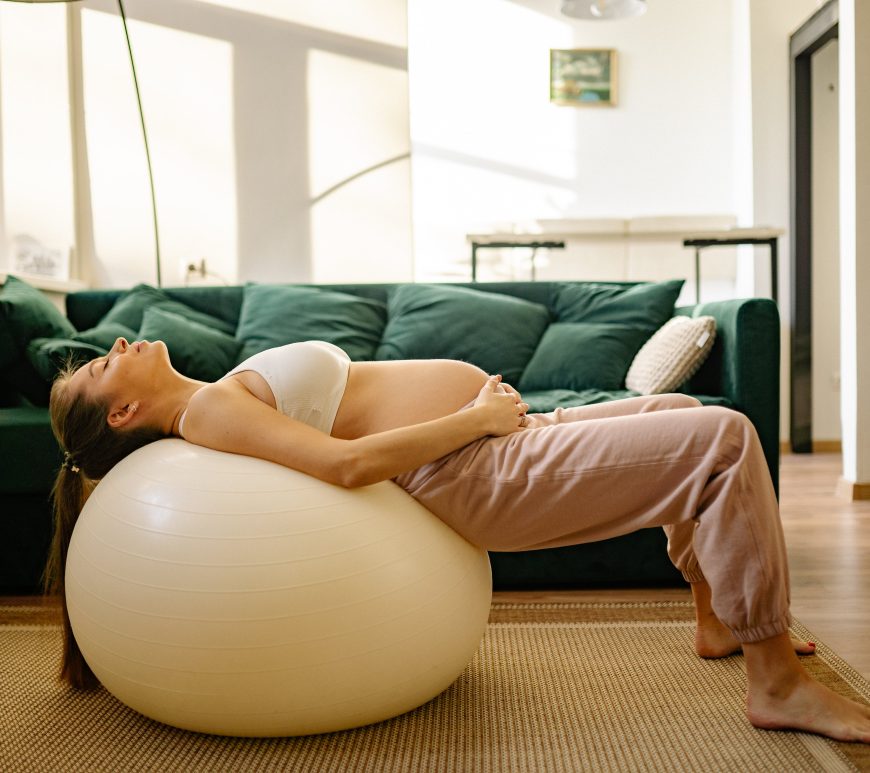
Which physiotherapy approach prevails in cost-effectiveness for back and neck pain: Solution-Finding vs. McKenzie?
In 2007, a study conducted by Manca et. al., delves into the cost-effectiveness of two distinct physiotherapy interventions for managing back and neck pain in primary care settings. The study compares a brief pain management approach rooted in cognitive-behavioral principles, termed the Solution-Finding Approach, with the more conventional McKenzie Approach. The investigation, which ran alongside a randomized trial, scrutinized the incremental variances in costs and … Continue reading Which physiotherapy approach prevails in cost-effectiveness for back and neck pain: Solution-Finding vs. McKenzie?



